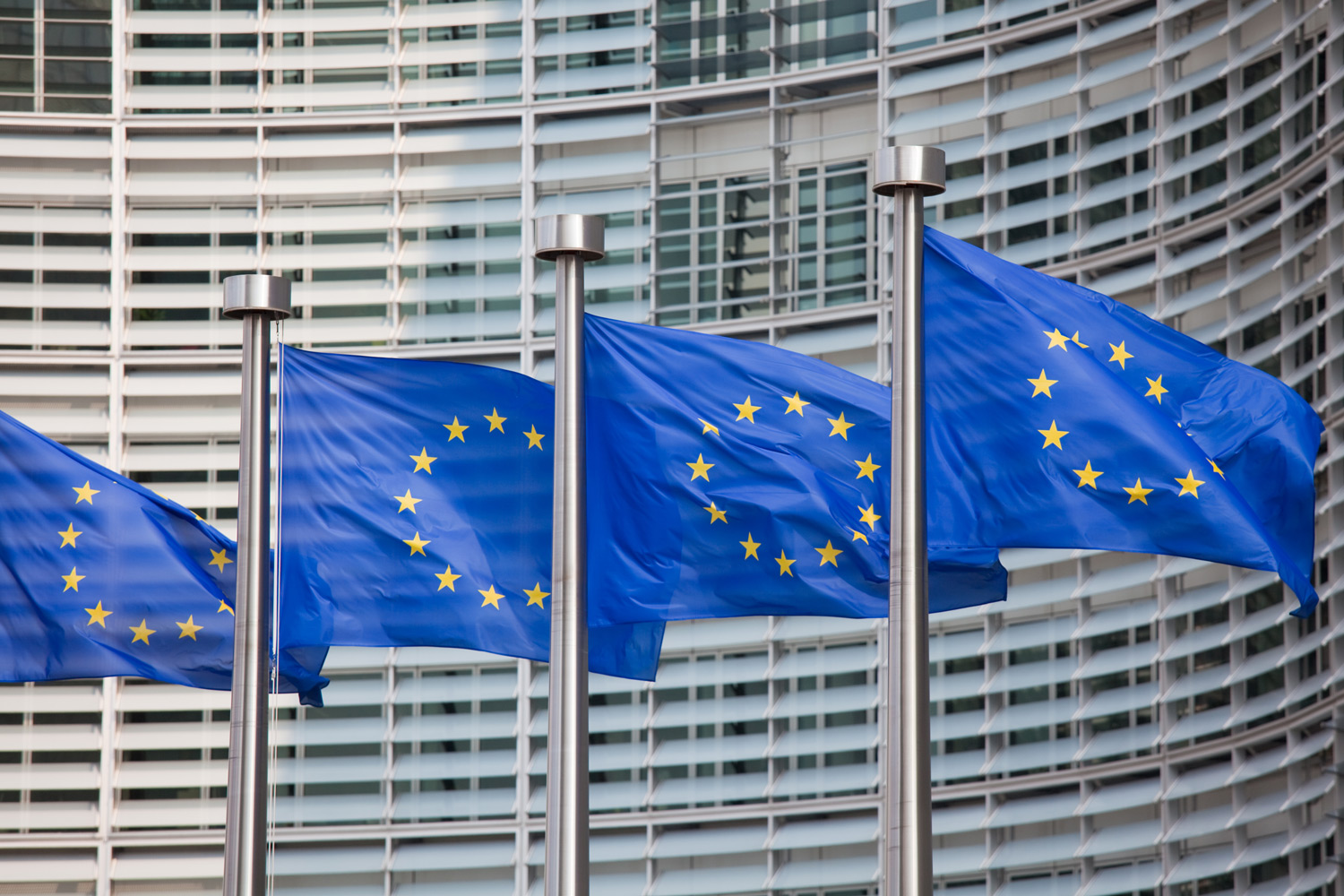The long-term plan is to be carbon free by 2050, but for any self-respecting wide-ranging goal, steps and milestones must be followed. First of these is the reduction of emissions by 60% by 2030, in less than ten years.
A goal that really seems to be very ambitious and that leaves room for disbelief. Will the 27 member states be able to carry out what has been decided?
The European Parliament thinks so, and that is why this amendment to the climate law has been approved, and moves the bar from 55% to 60%. European parliamentarians have reason to believe that thanks to the stimuli of the Next Generation EU, a huge aid fund for economic recovery after the coronavirus crisis, the goal will be achievable.
It is no coincidence that many of the funds made available by the European Union, divided accordingly to the needs of individual countries, are linked to certain conditions, including that of spending these funds on green economy.
It must also be said that the European Parliament was not very compact on the decision. The modification of the basic text passed with only 26 votes more, but above all with the split of the EPP, the most important parliamentary group of the majority and that of origin of the president of the European commission, Ursula von der Leyen.
The clashes revolve around the fact that such a significant target can have disruptive effects on employment, eliminating many jobs without creating new ones. On the other hand, supporters of this amendment say that, when it comes to the environment, there is no time to waste.









Show Comments